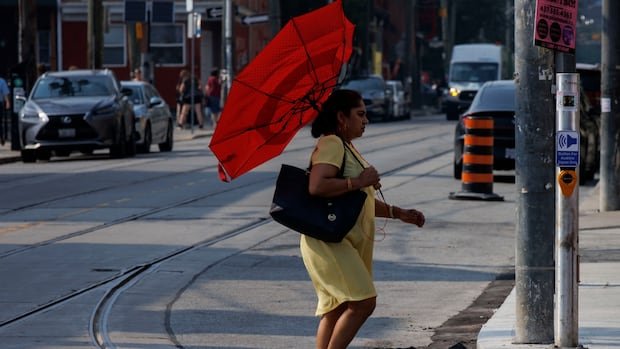A recent analysis has revealed that Canadians experienced an increase in “risky heat” days this summer due to climate change. The report, published by Climate Central, indicates that the average Canadian encountered 13 additional days of such extreme heat from June to August. These risky heat days are defined as temperatures surpassing 90% of local temperatures recorded between 1991 and 2020.
Globally, the impact of climate change on heat extremes was more severe, with 955 million people worldwide facing over 30 extra days of risky heat. The threshold for risky heat varies among cities, with regions like Vancouver and Windsor experiencing different temperature extremes. Kristina Dahl, the vice-president of science at Climate Central, highlighted that vulnerable populations, like older adults, are particularly at risk during such heat events.
The summer also witnessed deadly heat waves in Canada and Europe, with a study linking a European heat wave to approximately 1,500 deaths. Additionally, the smoke from wildfires exacerbated health risks, contributing to premature deaths. This year marked Canada’s second-worst wildfire season on record, with estimates attributing 82,000 premature deaths globally to Canadian wildfire smoke in 2023.
Climate models comparing current temperatures to preindustrial times reveal a significant increase in risky heat days globally. Environment Canada’s analysis of 12 heat waves in Canada this summer concluded that climate change doubled or even increased the likelihood by tenfold of such extreme events in various regions.
Experts emphasize the urgency of addressing climate change impacts, stressing the need for immediate actions to mitigate risks. They advocate for improved access to air conditioning, policies supporting outdoor workers during heatwaves, and community services to aid those in vulnerable situations. The report underscores the pressing need to reduce fossil fuel emissions promptly, as delays could worsen the adverse effects on communities, ecosystems, and economies.
The findings signal a stark reality that necessitates proactive measures to combat the escalating threats posed by climate change.


